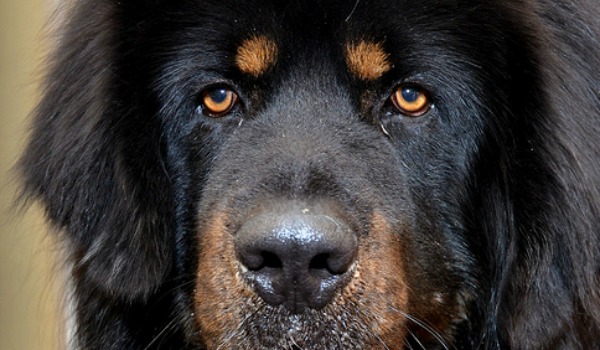If you have acid reflux yourself, you know how painful it can be. The burning in your throat, the inability to eat makes you feel miserable. The bad news is, your dog can have acid reflux, as well, and it’s actually quite common. The younger canines are more susceptible to the condition known as GERD or Gastroesophageal reflux disease. Acid reflux in dogs can cause permanent damage to your pet’s esophagus if left untreated.
What is Acid Reflux?
Acid reflux is characterized by the uncontrolled backward flow of stomach acid back into the esophagus. Experts aren’t entirely sure what causes the sphincter (the muscular flap that opens and closes the esophagus at the opening of the stomach) to relax and allow this reverse flow, but it’s a chronic condition with several tell-tale symptoms.
- Regurgitation
- Vomiting
- Painful swallowing
- Decreased appetite
- Weight loss
Acid reflux can also sometimes occur in otherwise unaffected dogs if they go in for surgery. The anesthetic used during surgery could relax the esophagus’ sphincter muscle and allow stomach fluid to flow into the esophagus. Younger animals are most at risk for congenital and anesthetic-induced acid reflux because the sphincter muscles are still developing.
Diagnosis and Treatment of Acid Reflux in Dogs
The best way to diagnose acid reflux in dogs is by vet examination. Using a camera called an esophagoscope, he or she will look inside your dog’s throat to determine if any damage exists. Depending on the findings, your vet will recommend a course of action for correcting the problem and preventing future damage.
Most acid reflux treatments in dogs involve withholding all food for a day or two and then starting a diet low in fat and protein in frequent, small feedings. Research has shown in the past that foods high in fat can trigger an acid reflux attack, so proper maintenance in an animal with the condition will include a continued low-fat diet. A low-protein diet is recommended as protein stimulates the production of gastric fluids in the stomach.
If damage in the esophagus is moderate to severe, medications may also be prescribed in addition to a low-fat diet. Ultimately, treating and maintaining acid reflux in dogs requires healthy eating habits.
Photo Credit: Thinkstock













[…] but this is not something that should be taken lightly. Eating their food too fast can lead to acid reflux, gagging or choking or, in more serious conditions, can lead to GDV (gastric dilatation-volvulus), […]